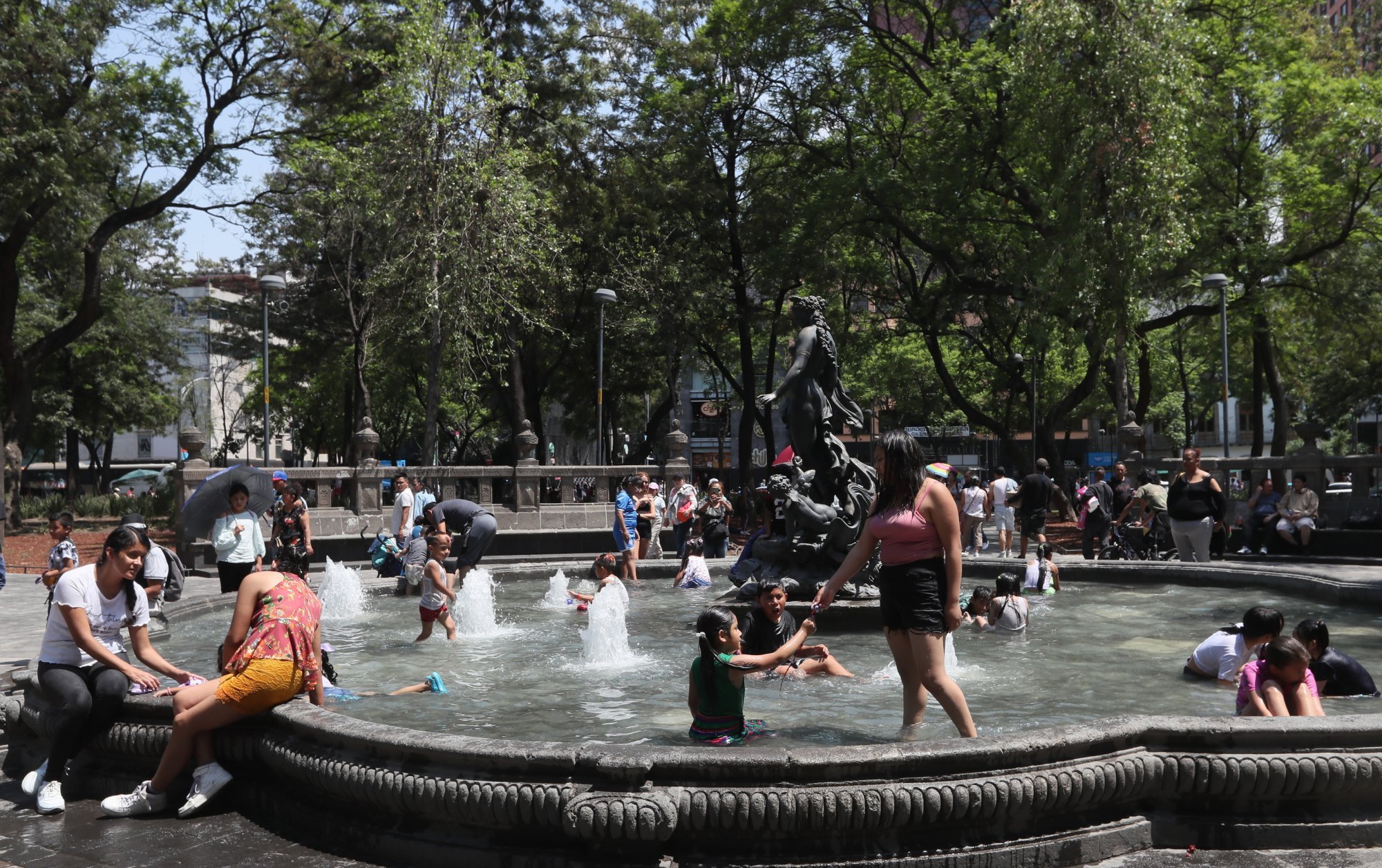The New York Times recently quoted Dr John Balbus, deputy assistant secretary for climate change and health equity in the US Health and Human Services Department, as saying that a surge in heat-related deaths is now the greatest threat to human health posed by climate change.

A report released earlier this year revealed that the Atlantic Meridional Overturning Circulation, a crucial system of ocean currents, is on the verge of collapsing, with possibly devastating consequences.
Very little of this news seems to have stayed above the fold for long. Perhaps, for many, the social media algorithms – now even more powerful with the integration of artificial intelligence (AI) – that know what news we supposedly like to consume never even delivered those unsavoury morsels.

Shouldn’t Modi be more concerned about how many Indians will die from the consequences of the intensifying heatwaves than a theoretical gross domestic product ranking that doesn’t appear to take into account the degradation of the country’s land – nearly 10 per cent in 2019?
In the US, perhaps the most striking example of our current frog-in-a-boiling-pot mentality came when New York Governor Kathy Hochul abruptly cancelled a congestion pricing plan for the city.
Conceived as a way to cut congestion and pollution, the plan might have also forced more efficiency in the way goods are brought to and from the city. This is no climate change panacea, but it would be a damper on vehicle emissions that might be adopted by other American cities.
Citing the possible damage the plan might do to “the budget of a hard-working middle-class household,” her reasons were couched in the kind of populism American politicians revert to whenever their electoral chances appear in doubt. If Democrats like Hochul cave in on the environment, we’re left with the “drill, baby, drill” ethos of the Republican Party.
Another issue crowding climate change out of the headlines is the meteoric rise of the tech sector, many parts of which drive the vast changes in the way we are informed.
Players in the social media ecosystem should rethink the way algorithms handle news and information from organisations like the Intergovernmental Panel on Climate Change and the UN Convention to Combat Desertification.
Their reports should be treated more like the alerts we get warning about approaching storms, flooding and wildfires.
If these companies continue to prioritise digital opium to monetise audiences, they’re contributing to the crisis we’re all ignoring.
Robert Delaney is the Post’s North America bureau chief

